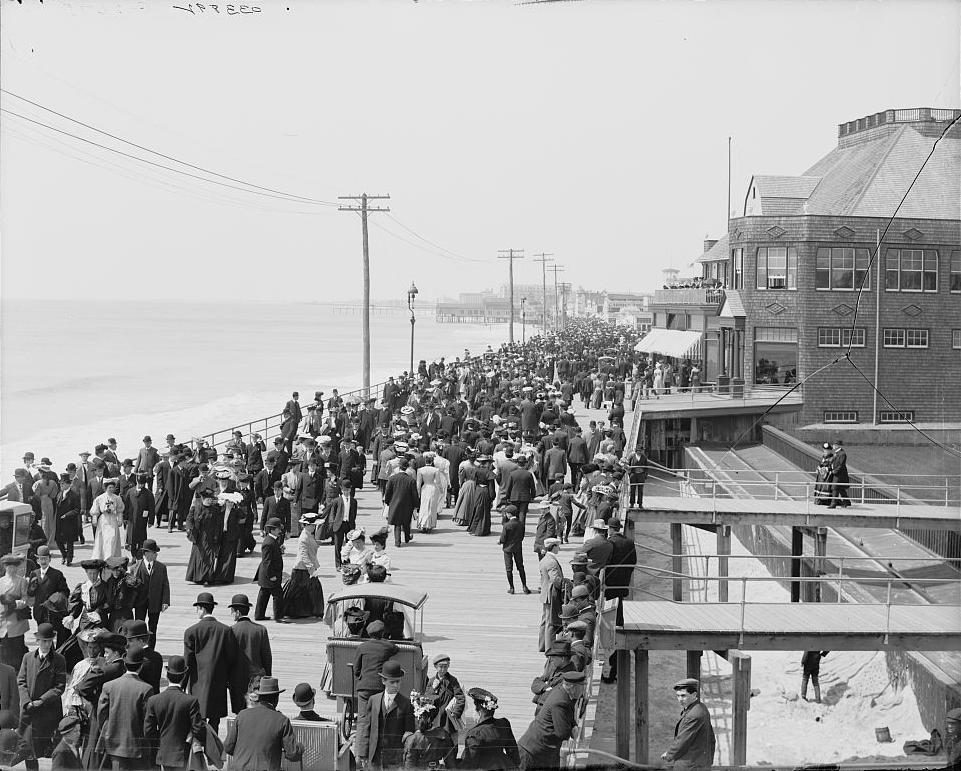How to Manage Grief in the Summertime
Finding Peace and Healing in a Season of Sunshine
Summer is often seen as a time of joy, filled with vacations, holidays, celebrations, family gatherings, and days in the sun. Yet for those navigating grief, the brightness of the season can feel at odds with their inner emotional world. While others are making beach plans or hosting barbecues, those in mourning may feel isolated, overwhelmed, or out of sync with the world around them.
Here are practical, compassionate ways to manage grief in summertime while allowing yourself space for reflection, rest, and renewal.
1. Acknowledge That Summer May Feel Different This Year
Grief often intensifies during seasons that are typically associated with happiness or togetherness. Summer events like family vacations, holidays, or reunions can magnify a sense of absence.
It’s okay to acknowledge that summer might not feel the same, and that’s perfectly normal. Give yourself permission to experience the season in your own way, without the pressure to “enjoy” it or live up to others’ expectations.
Reflect on what you feel up to participating in. If something feels overwhelming, it's okay to say no or modify your plans to fit your emotional needs.
2. Create New Rituals That Honor Your Loved One
Summer traditions can feel hollow or painful when someone you love is no longer there to share them. One way to ease this pain is to
create new rituals that honor their memory and provide a sense of connection.
Ideas include:
- Lighting a candle at sunset in their memory.
- Visiting a place they loved like a beach, garden, or park.
- Making their favorite summer meal or dessert.
- Starting a memory garden or planting something in their honor.
These gestures offer a comforting way to keep your loved one present in your summer without dwelling only on their absence.
3. Spend Time in Nature
Spending time outdoors can help regulate emotions, reduce stress, and create a sense of peace, especially during grief. The rhythm of nature, from blooming flowers to flowing water, can be soothing when your inner world feels chaotic or empty.
Whether it’s a morning walk, time at the lake, or simply sitting under a tree, quiet time in nature provides healing space away from crowds and noise. Let nature help you process what words can’t always express.
4. Connect with Supportive People
While some summer events may feel overwhelming, human connection is still essential to the healing process. Seek out people who are willing to sit with your grief without trying to fix it. You don’t have to pretend you’re okay, and you don’t have to grieve alone.
Support can come from:
- Close friends or family who understand your loss.
- A grief support group. Many meet outdoors in summer.
- A counselor or therapist who specializes in grief.
If you’re not ready to talk, simply spending quiet time with someone you trust can be enough.
5. Balance Activity with Rest
Grief is exhausting; emotionally, mentally, and physically. The long, busy days of summer can sometimes lead to burnout if you try to do too much or keep up with your “old normal.”
Give yourself permission to rest when you need to. It’s okay to decline invitations, take naps, or spend a day doing nothing but caring for yourself. Healing takes time and energy, and rest is a necessary part of that process.
At the same time, gentle activities like swimming, gardening, or light exercise can lift your mood and give your body a healthy outlet for grief-related tension.
6. Let Your Heart Speak on Paper
Journaling can be a powerful tool for processing emotions, especially when talking feels too difficult. Summer can bring up a range of memories and feelings and writing them down can help bring clarity and relief.
Try writing about:
- A favorite summer memory with your loved one.
- How your grief feels today, in this season.
- What you wish you could say to them.
- What healing might look like for you.
You may even consider writing letters to the person you lost. This can help you maintain a connection while also expressing thoughts that feel stuck inside.
7. Avoid Comparing Your Journey to Others
During summer, social media is full of vacation photos, smiling families, and joyful milestones. If you’re grieving, this contrast can feel particularly painful. Remember, people often share their highlight reels not their hard moments.
Grief is deeply personal and never looks the same from one person to another. Focus on your own healing. If social media becomes triggering, consider taking a digital break or curating your feed to include more supportive, comforting content.
8. Give Yourself Permission to Feel Joy Again
One of the most complex parts of grief is allowing yourself to feel moments of joy without guilt. You may smile at a memory, enjoy a warm breeze, or laugh at a summer joke, and then feel a pang of guilt for doing so.
Know that finding small joys does not mean you’ve forgotten your loved one. Joy and sorrow can coexist. Allowing room for both is part of healthy grieving and ongoing healing.
Let summer be what you need it to be. Grief doesn't disappear just because the sun is shining. It’s okay if your summer looks different this year. Whether you find solace in quiet mornings, meaningful rituals, or simply resting when you need to, you are honoring your grief, and your loved one, by tending to your heart with care. Summer can be a season where growth, warmth, and remembrance intertwine. Whatever your journey looks like, be kind to yourself. You’re doing the best you can—and that’s enough.
Do you have questions about pre-planning, funeral services, or grief resources? Be sure to visit our website or call us for more information at 609-344-9004.




















